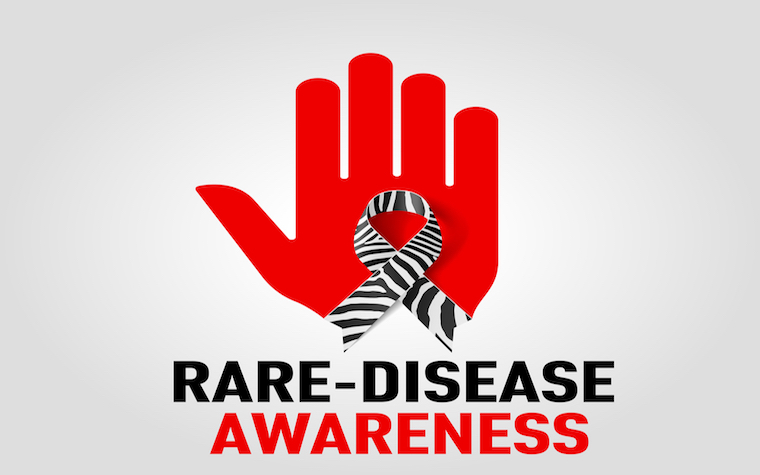
Scientists with the National Institutes of Allergy and Infectious Diseases (NIAD), a branch of the National Institutes of Health (NIH), recently began a clinical trial for a vaccine candidate that is designed to stop Zika virus infections.
The purpose of this early-stage study will determine the safety and effectiveness of the experimental vaccine. The vaccine must provoke a strong immune response from the study volunteers.
“A safe and effective vaccine to prevent Zika virus infection and the devastating birth defects it causes is a public health imperative,” NIAID Director Dr. Anthony Fauci said. “NIAID worked expeditiously to ready a vaccine candidate, and results in animal testing have been very encouraging. We are pleased that we are now able to proceed with this initial study in people. Although it will take some time before a vaccine against Zika is commercially available, the launch of this study is an important step forward.”
The Vaccine Research Center (VRC) of the NIAID created the vaccine earlier in 2016.
“A team of scientists here at NIAID worked tirelessly to rapidly develop this vaccine for clinical testing,” Dr. John Mascola, director of NIAID’s VRC, said. “DNA or gene-based vaccines induce antibodies, but they also can activate the cell-mediated immune response, which ultimately could yield strong and durable protection against disease.”
As of today, there are over 6,400 reported Zika cases in over 50 territories and countries. The U.S. government is using this study as well as others to prevent the Zika virus from spreading throughout the nation.



